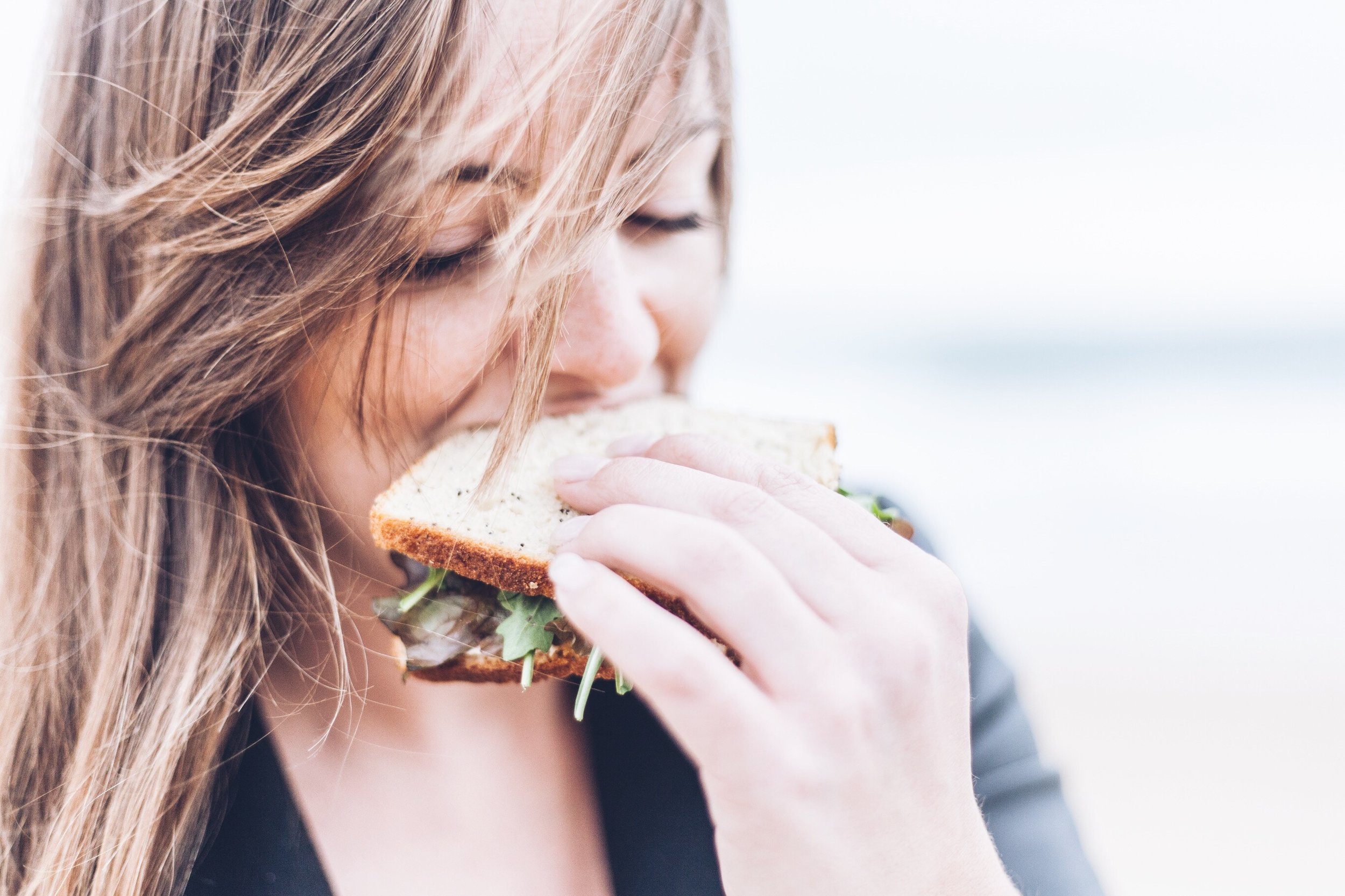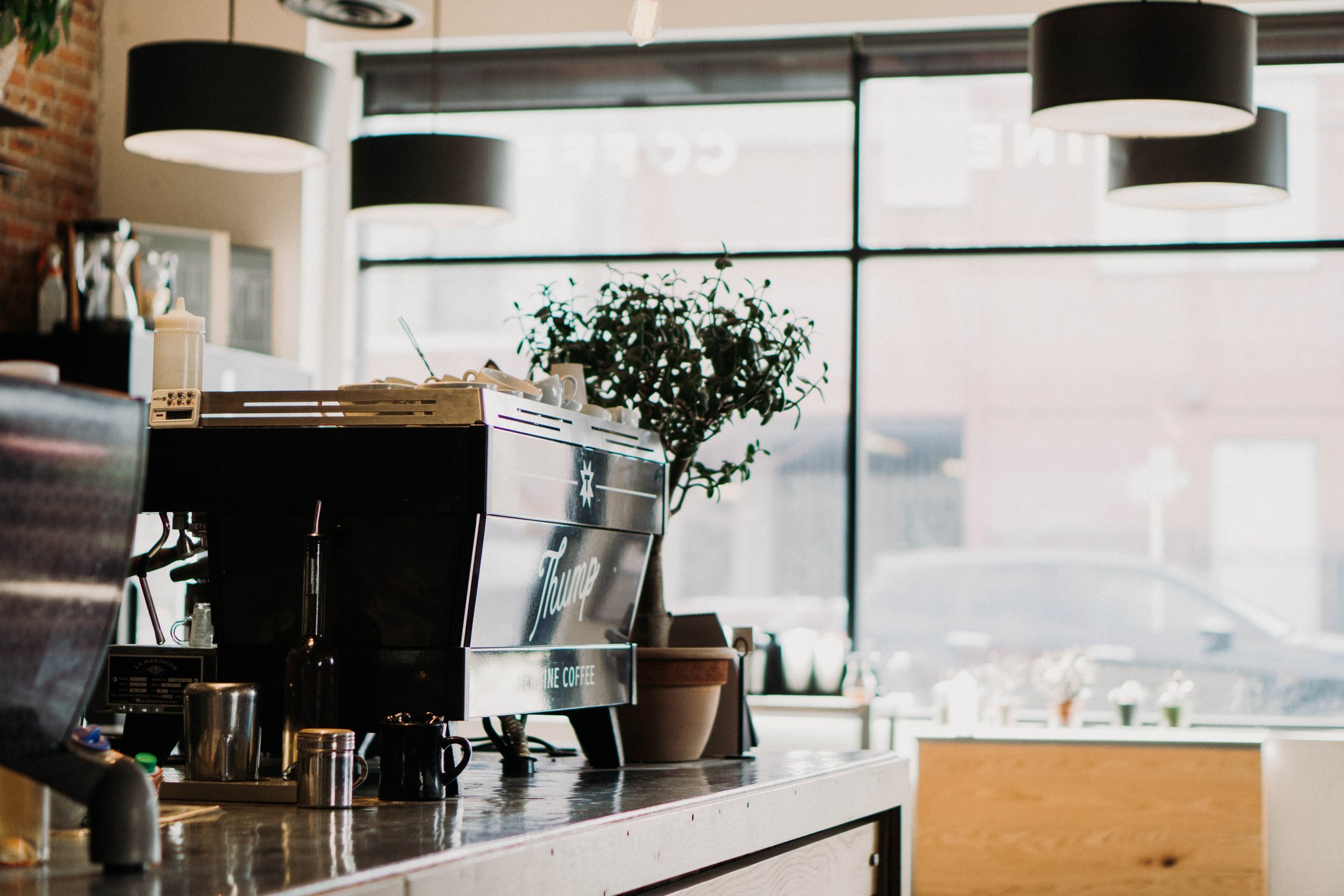How to Handle Calorie Labels at Restaurants
Starting this week, the FDA is officially requiring that all restaurants with more than 20 locations post calorie information for their menu items. This means that any chain restaurant, movie theater or bowling alley where you can purchase food will have calorie information listed next to each item on the menu. This initiative was started as a way to combat the "obesity epidemic" in the US. This is problematic because our government is making the assumption that "obesity" (as defined by the very flawed BMI tool) is caused by an over abundance of calories being consumed. However, we know that weight and health are far more complex than this. If it were as simple as 'calories in vs calories out' we wouldn't have an "obesity epidemic."
There is also an assumption that this information will be helpful for all consumers. But the experience of millions of Americans who struggle with eating disorders is being ignored. Seeing calorie information on a menu can be incredibly triggering for someone struggling with any kind of disordered eating. The cycle of dieting can even start with simple calorie observations and may eventually spiral into a diagnosable eating disorder. But since we live in diet/wellness focused culture, these kinds of initiatives tend to be the norm. Intuitive eating and non diet messages are on the rise; but for now, we have to coexist in this world and calorie labels shouldn't stop us from experiencing life!
So below I'm sharing some tools for how to handle seeing these labels at restaurants:
Mentally prepare yourself before going
It may be helpful to mentally prepare yourself to see calorie counts on the menu before going. Take a few minutes to sit with that information and ask yourself how it might impact you. If you like mantras, try repeating some that are helpful for you. A few examples are: "My body knows what to do with all foods. Trust it." or "Calories are only a measure of energy in food, not a measure of my worth."
Be aware of your triggers
Recovering from an eating disorder can be very vulnerable and anxiety provoking. If numbers or calorie counts are something that your eating disorder used to restrict food in the past it's important to be aware of that. You may not be at the point where you can observe calorie information on a menu without being affected. If this is the case, it's okay. But consider avoiding restaurants with calorie information.
Choose local restaurants
Most local restaurants will not fall under these rules because they likely have fewer than 2o locations. You won't have to worry about seeing the calorie information at these businesses. Obviously, it's not always possible to choose local or non-chain restaurants when traveling or within certain areas. If this is the case, go back to my first tip and try to mentally prepare yourself before going in.
Remind yourself of the difference between internal cues vs external cues
Calorie labels for meals would be considered external cues directing you on how much is "appropriate" to eat. If you're working towards becoming an intuitive eater, you know that you want to listen to your own internal cues for hunger, fullness and satiety instead. It's okay to choose a meal with a seemingly large number of calories. Listening to your body's cues for what to eat based on how hungry you are is more important than the number associated with the meal. You can trust that your body will tell you when you've had enough and even if you over-shoot your body's fullness, it's okay! Eating is not meant to be a formula for perfection.
Know that you don't have to internalize the information
Remind yourself that you have the power and ability to observe calorie information without letting it sink in. You are not simply a sponge that absorbs all the information that you see. You can choose what stays and what doesn't. Calorie labels don't have to impact your eating choices.
Discuss the experience with your dietitian and therapist
If you're working with a dietitian and/or therapist, consider discussing the how the experience may affect you. An RD or therapist can help you work through the anxiety and come up with an individualized plan for how to handle the experience in the future.




